Residents are involved in the creation of the city’s development strategy, enabling the realisation of a shared vision for the future.
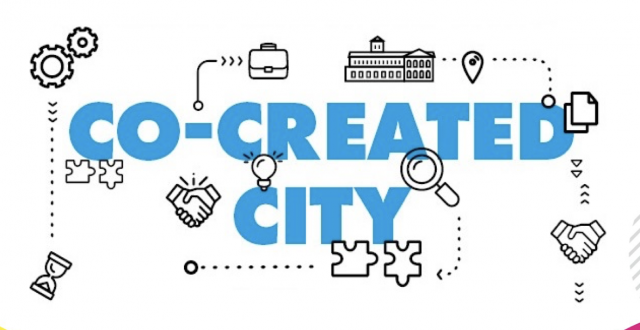
Participation, Transparency, Self-Determination

Residents are involved in the creation of the city’s development strategy, enabling the realisation of a shared vision for the future.
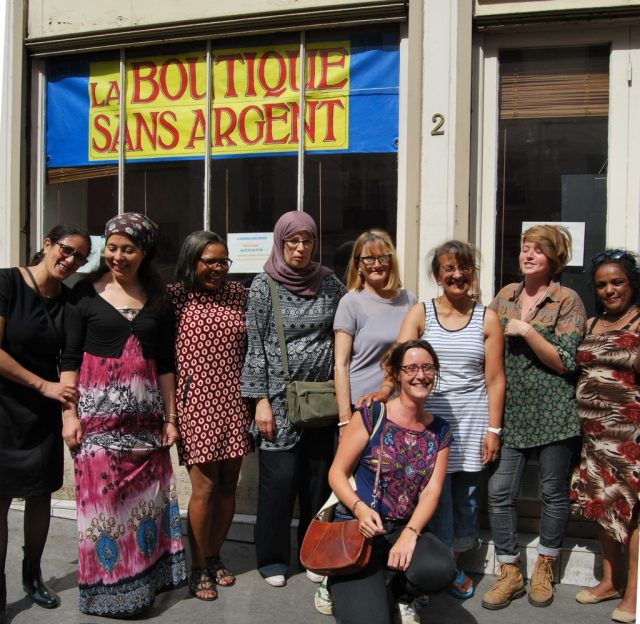
The Shop Without Money is a place where people can exchange objects and skills, but not money, thus multiplying the lifecycle of everyday objects and promoting the value of sharing in society.
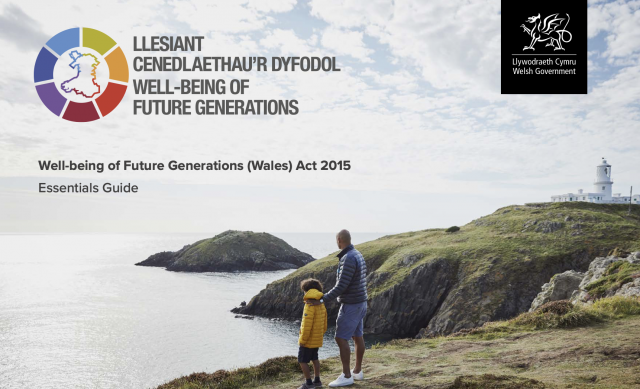
The Well-Being of Future Generations Act provides a legal link between the UNs’ Sustainable Development Goals and Wales’s future pathway by creating a set of seven country-level Well-Being Goals.
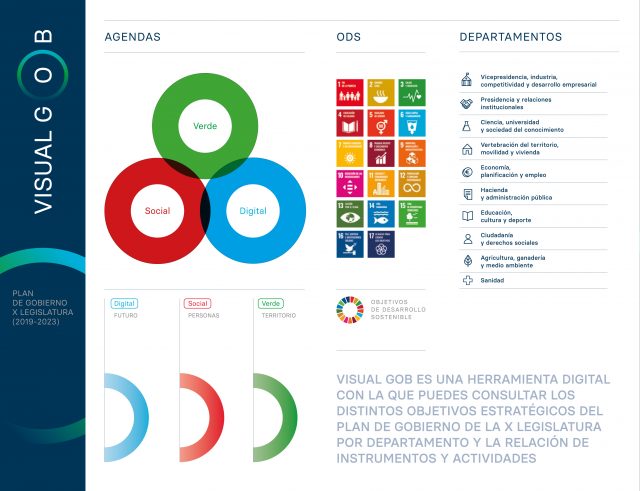
VisualGob is a new digital system which enables the visualisation of the Government Plan, allowing citizens to monitor their government’s progress in real time.
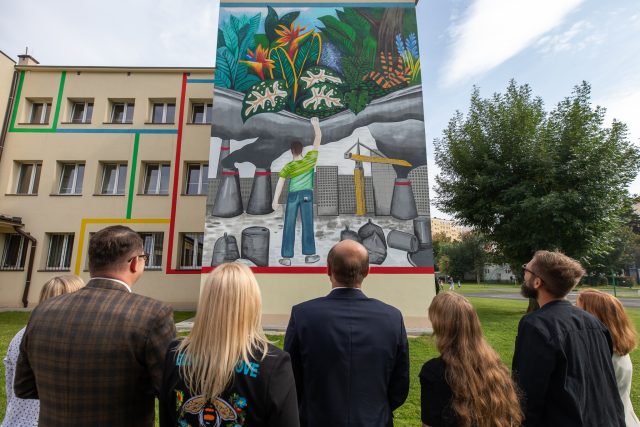
The Urban Lab Rzeszów involves local residents in the development of their city, improving the appearance of the city as well as the quality of life for all residents.
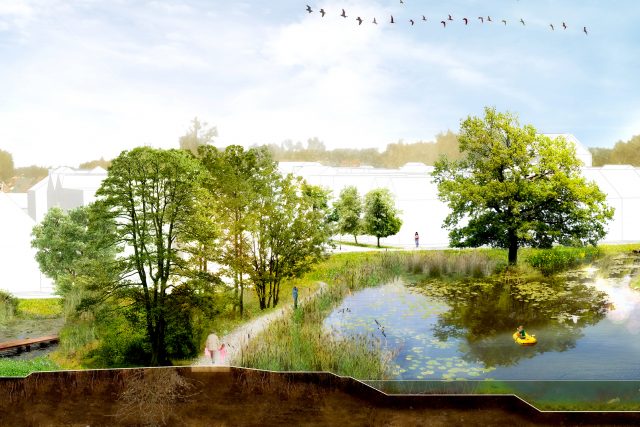
Participatory co-design creates a residential neighbourhood around accessible urban agriculture, enhancing the quality of life for inhabitants and the rich biodiversity for all living things.
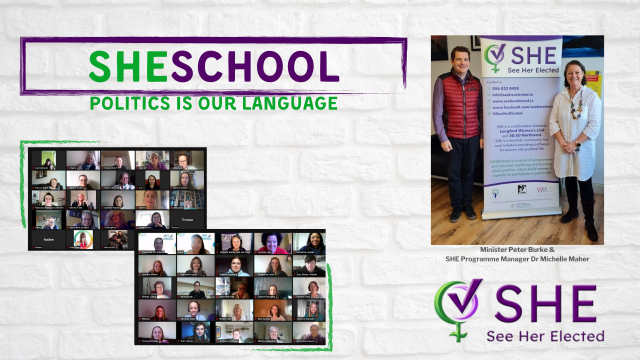
This community-led initiative supports women into politics in rural areas of Ireland, strengthening local and national democracy by increasing the diversity of political participation.
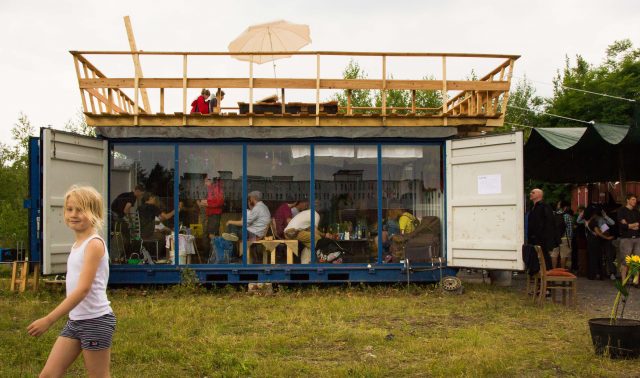
This urban, non-profit living laboratory provides residents with a space to try out, develop and realise ideas, in a supportive and collaborative environment.
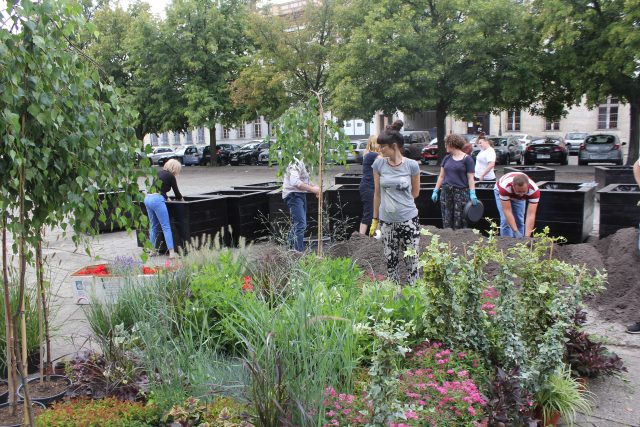
Research on the use of urban space in the Old Town of Szczecin led to limitations on car traffic and increased accessibility for pedestrians.

A structured storage platform for biographical data facilitates the integration process for newly arrived migrants, allowing them to more easily navigate and manage the support services available to them.
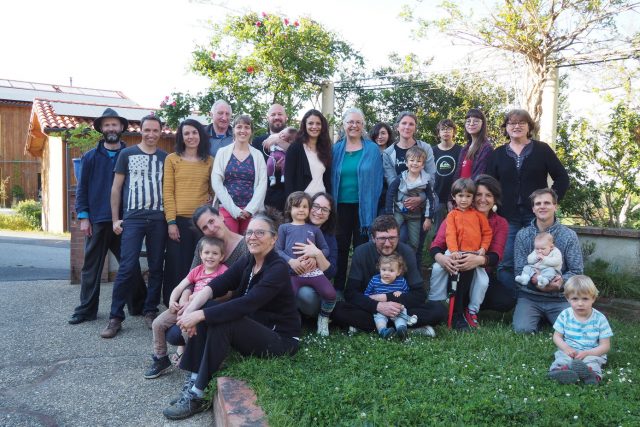
A cooperative housing group provides its members with affordable housing that is both clean and efficient, co-creating a living environment suitable for all generations.
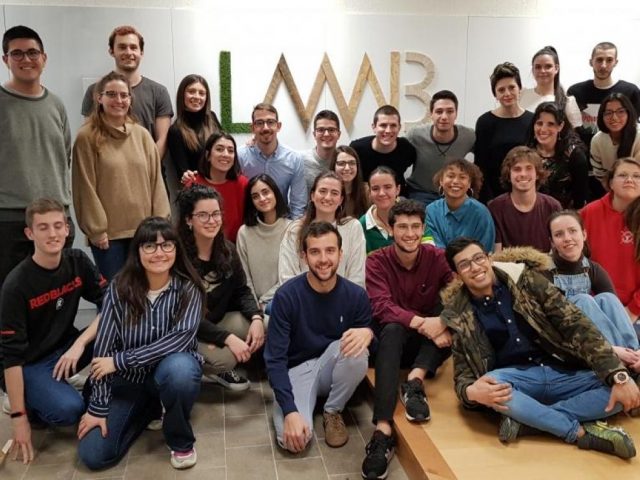
Citizen participation in public policy is encouraged through the laboratory’s activities, which aim to bring institutions and citizens closer together through open deliberation and transparent decision-making.
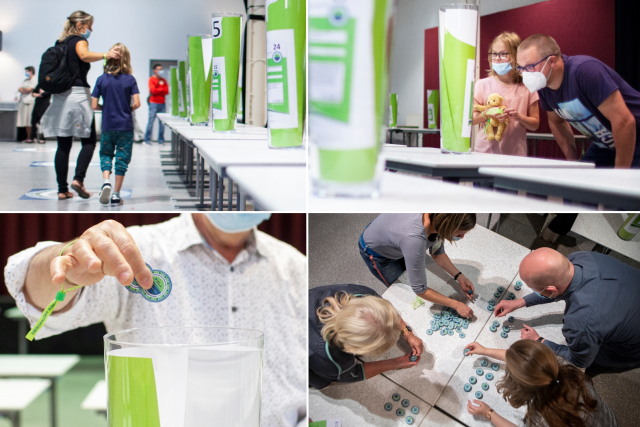
A system of participatory budgeting is questioned and redefined in order to encourage maximum participation with a low-threshold voting event.
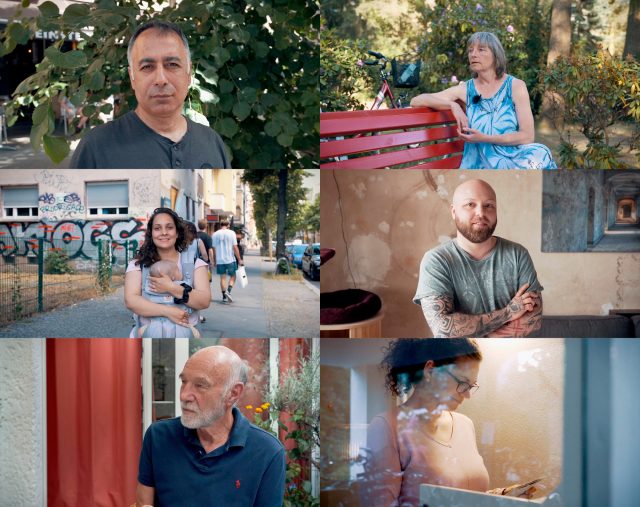
Electoral District Citizen Assemblies (EDCAs) renew the relationship between residents and their local MPs, with a focus on engaging with those people who are disillusioned and frustrated with the[…]
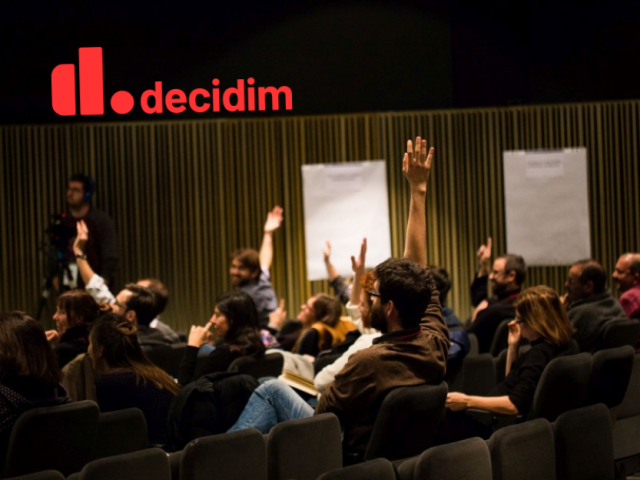
This free open-source platform allows institutions all over the world to initiate participation processes, leading to the democratisation of development.
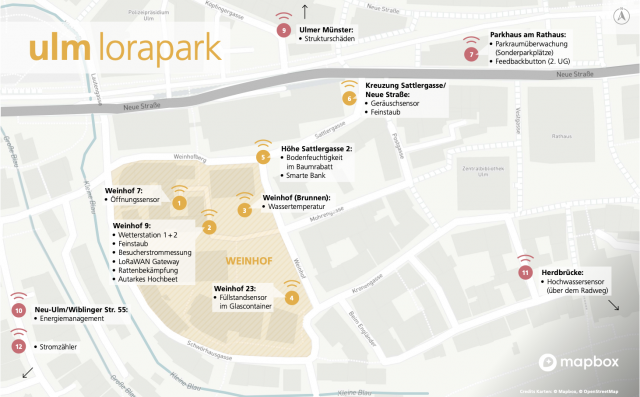
Ulm has been chosen as one of Germany’s Cities of the Future, implementing digital projects using a bottom-up co-creation approach which will develop the urban environment in a more sustainable way.
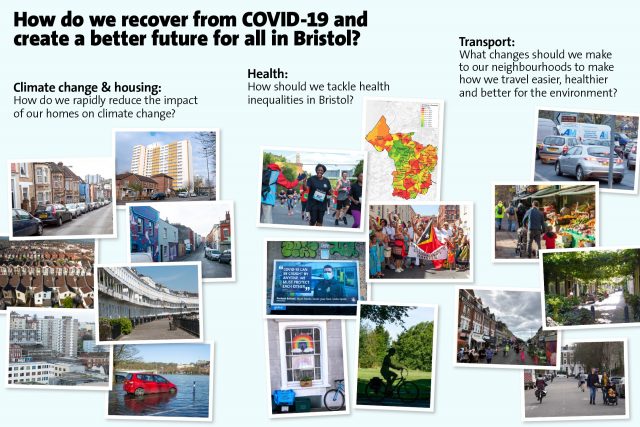
A representative group of citizens discuss three challenging topics and make recommendations which will inform the city’s plans for the future.
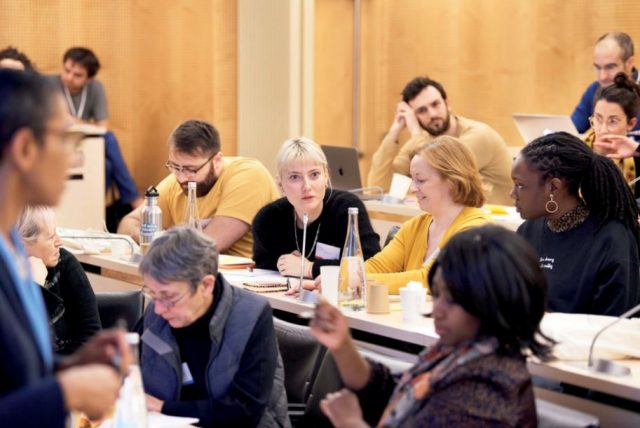
The Citizens’ Convention on Climate, an unprecedented democratic experiment in France, aims to give citizens a voice to accelerate the fight against climate change.
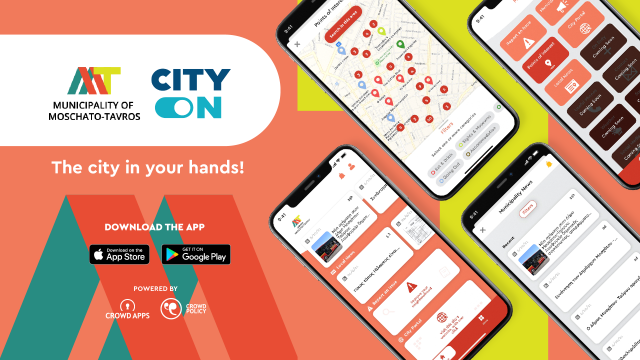
An e-governance App is launched which facilitates citizen participation and helps the administration communicate with the city’s residents.